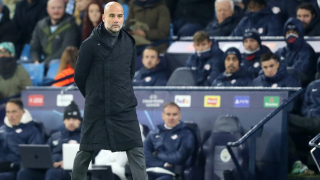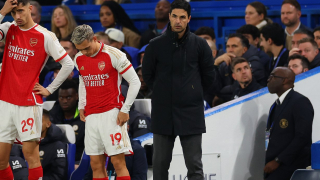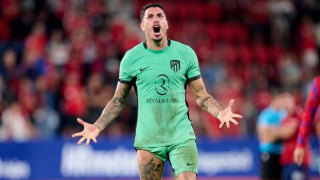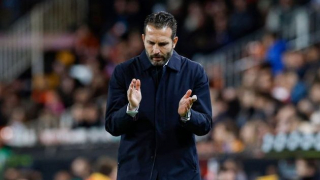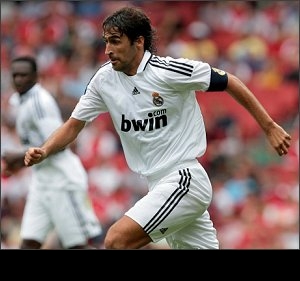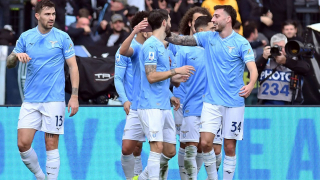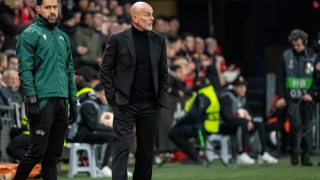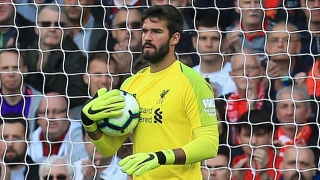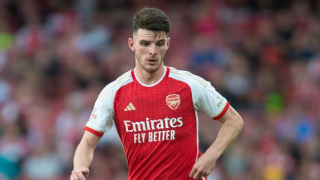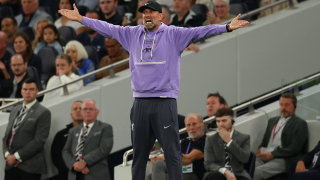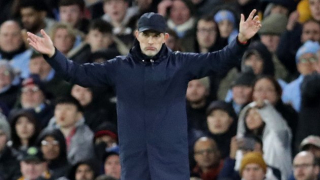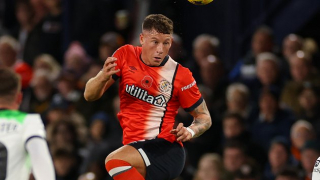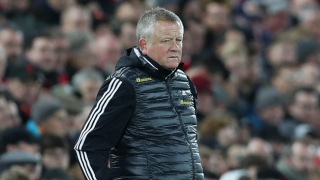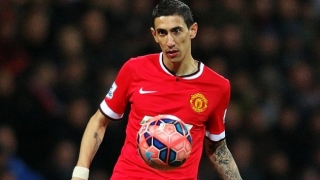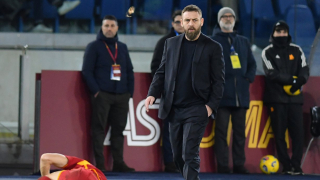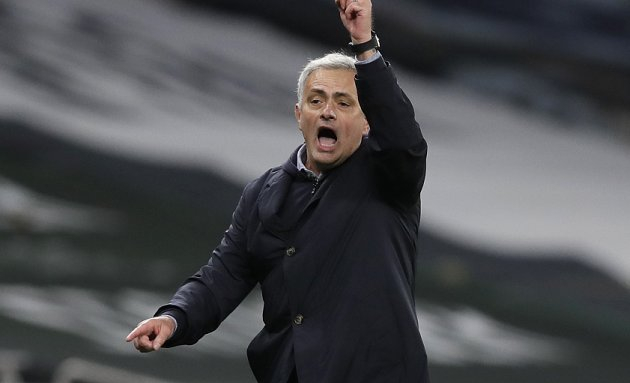Tottenham Hotspur are sleep-walking towards a mini-crisis.
Their record of one win from six in the Premier League has slipped under the radar somewhat, but if this form continues it won't be long before Jose Mourinho is subjected to the same scrutiny and dissent as Frank Lampard. Spurs are, after all, just four points ahead of West Ham in tenth.
How they got here is relatively easy to understand. Their dropped points follow a clear pattern, with Spurs repeatedly scoring the opening goal in matches, sitting on that lead, and then conceding a late equaliser. The 1-1 draw with Fulham on Wednesday evening was a carbon copy of the games against Wolves, Crystal Palace, West Ham, and Newcastle.
That's five games in which ten points were needlessly dropped from winning positions. Had they held on to each lead, in classic Mourinho style, Spurs would currently be four points clear at the top of the Premier League table.
We can break down the flaws at Spurs into three sections and, unsurprisingly, last night's draw with Fulham fits neatly into all three.
PRESSING ISSUES AND THE WAY GAMES DRIFT
Mourinho has never been one for intense pressing, and ever since it was introduced by Jurgen Klopp and Pep Guardiola to English football he has looked a little out-dated. It is no coincidence Mourinho's last title came in 2015, the year before Liverpool and Manchester City introduced the Premier League to the modern trend.
Spurs sit in a conservative midblock and rarely hound down the ball, instead sitting right off the centre-backs to focus on limiting space in their own half. It is a hunched formation that worked brilliantly for Mourinho between 2004 and 2015, but it just doesn't appear to fit now that football has become more technical, more territorial, and less defensive.
The Fulham game exemplified the problem. These days, bottom-half clubs are highly attuned to playing on the counter-attack, because the wealth divide in football has made it impossible for smaller teams to play in any other way. By picking players and designing a team around counters, clubs now possess attackers who are adept at quick line-breaking football, turning and dribbling through the heart of teams who invite them on.
Hence the problem with Spurs looking passive as they hold onto a lead. Fulham were given far too much time on the ball to pass through the hosts and build momentum, as Ruben Loftus-Cheek, Ola Aina, Ivan Cavaleiro, and Bobby Reid scurried around, weaving patterns through the Tottenham midblock. The equaliser felt inevitable.
By conceding territory Tottenham allow games to drift and encourage their opponents to build in confidence. Unlike during Mourinho's heyday, every club now has good technicians in defence; if you give them time on the ball, they will happily retain possession and grow into the contest, before using those counter-attack-trained forwards to suddenly break the lines.
RELIANCE ON KANE AND SON MEANS NOT ENOUGH FROM BEHIND
But this pressing issue would not be a problem if Tottenham simply finished teams off, adding a second goal to kill the game – as Mourinho's Chelsea would have done. Interestingly, the Spurs manager has expressed frustration at his players' tendency to sit back and defend a one-goal lead; this is not an instruction coming from the dugout, and yet Tottenham are playing like a caricature of a Mourinho team, almost as if the public image of the Portuguese has infiltrated their minds.
However, it might simply be that Tottenham are hesitantly retreating in reaction to their own failure to create chances. The over-reliance on Harry Kane and Heung-Min Son is well documented, and yet this is not simply a case of getting more goalscorers into the team or trying new combinations in the starting 11 (even if, for the Fulham game, starting Moussa Sissoko on the right wing was a baffling decision that contributed to their poor attacking).
Kane's desire to constantly come short for the ball and play like a number ten was very effective early in the season as opponents, not expecting the positional shift, were caught off-guard. But now it has become something of a hindrance as Spurs are left without a focal point. Too often in the Fulham game Tottenham had nobody making runs in behind, leaving their passing tame and predictable.
This issue, notable in every Spurs match against bottom-half clubs, is exacerbated by Son's poor form, and herein we find the problem with focusing every attack through the same two players. When one of them has an off day, suddenly everything goes stale.
MOURINHO NEEDS TO REACT FASTER
Aside from a dramatic shift in tactical methodology, which we almost certainly won't see, one thing Mourinho can do is become sharper at noticing flaws and reacting in-game.
Sergio Reguilon was denied a match-winning goal in the 89th minute by the offside flag, after Son had made his run a fraction too early before laying it across to the left-back – one of three Spurs players in behind the opposition defence. It was the first and only time in the game Spurs had created such a high-quality chance, and it arrived thanks to the brilliant close control and through ball of substitute Erik Lamela.
Lamela was Mourinho's first substitution of the game, and he came on after 75 minutes. That is far too late in the game, not only because it was clear Spurs were struggling to create chances – Sissoko had no creative impact on the right – but because we are just coming out of an exhausting winter schedule.
Tottenham's players looked tired, and yet the manager made very few attempts to change things, either with a formation switch or replacing some of his attacking players. It is no wonder the players are instinctively dropping deeper, and hesitantly attempting to protect a one-goal lead, when this is the case: leaving Gareth Bale, Dele Alli, and Carlos Vinicius on the bench sends a loud message.
Protection and defensive caution are prioritised over the risk of pushing for a second goal. It is a problem that has plagued Mourinho for the last five years of his career, one compounded by his unwillingness to instigate pressing and Tottenham's reliance on the same two players for goals.


